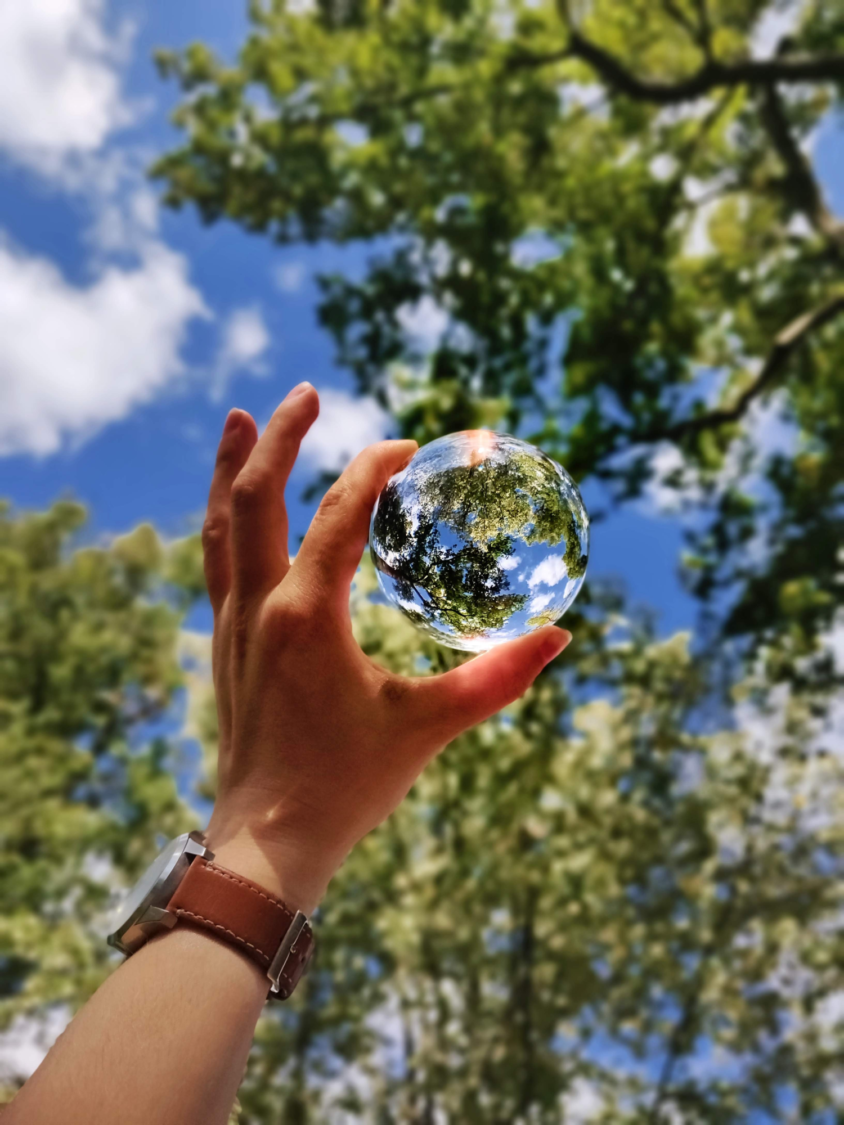More than three-quarters of all adults in the US face symptoms of stress, including headaches, tiredness, and sleep issues—per the American Psychological Association. With the events of 2020, wars, and the threat of an upcoming recession, it is vital to find natural yet effective ways to weather life’s toughest challenges. A Duke University study has shown that self-compassion is key to staying resilient in the face of calamities. Many people might be surprised to discover, however, that kindness to the Planet is an important component of self-compassion.
Common Humanity
Self-compassion does not only involve being kind to yourself (instead of self-critical). It also encompasses mindful acceptance and common humanity, and nature has an important role to play in both. Mindful acceptance essentially involves accepting all your thoughts and emotions (without over-identifying with them), ‘riding them out’ and realizing that they are not permanent and that they do not define you. Common humanity, meanwhile, involves feeling connecting to something that is larger than yourself and understanding that problems are an unavoidable component of the human condition.
Nature and the Human Connection
When you are in the midst of a majestic setting such as a verdant forest, sandy seashore, or vertiginous waterfall, it is easier to feel that you are part of a larger life force that connects you to others. E.O. Wilson’s biophilia theory postulates that human beings seek out nature for evolutionary reasons. Nature is not only rich in resources (such as food and water), but it also has documented benefits for our social, psychological, and emotional wellbeing. A myriad of studies has shown that living near green spaces, visiting a natural spot, and simply viewing images of nature, has positive effects on the brain, body, emotions, and thoughts.
Protecting Nature Every Day
There are many ways that human beings can help to save the Planet against the onslaught of global warming. These include relying on solar energy and electric vehicles, consuming less meat and more plant-based foods, and programming our washing machines to a cold cycle when washing sneakers and clothing. Doing so has the added benefit of stopping garments from shrinking. By keeping items in a pristine condition, you will be less inclined to throw away footwear and clothing after a couple of uses, and this means that fewer items will make their way to landfills. It is easy to see how many of these activities also benefit your physical and psychological health. For instance, if you consume less meat and more high-fiber produce, you can build a healthy gut microbiome. This, in turn, will help keep depression at bay, with studies showing that there is a powerful connection between the mind and the gut.
Nature and Mindfulness
Many human beings live in a constant state of worry about the future or regret about the past. Mindfulness is all about living ‘in the here and now’ and spending time in natural areas is a powerful way to enable you to achieve this goal. In Japan, many stressed-out executives are turning to forest bathing—an activity that simply involves visiting a forest and opening one’s senses to the surrounding beauty. Doing so has been found to dramatically reduce stress hormone levels. Building a close connection also highlights the importance that nature has to one’s life, and serves as a powerful motivator to protect the Planet’s resources.
There is an important link between self-kindness and nature. The Great Outdoors is an excellent backdrop for mindfulness. It reminds us that we are connected both to nature and to other human beings. It motivates us to work to make the world a better place, not only for ourselves but for future generations.
Power It Up With Renewables
The world is going through a phase, where we are constantly looking for clean sources of energy to fuel our lives and minimize our dependence on fossil fuels. Energy from renewable sources like wind power or solar energy is the future. You too can help reduce your carbon footprint by converting some of your home’s energy needs to renewable sources.
Using solar power within your home is one of the best choices that you can make in terms of energy efficiency. Solar panels have increased exponentially in recent years and many people have turned to them for their energy needs. The growing demand for these panels has stimulated technology development, such as the advance in manufacturing, efficient and reliable systems, and improvements in performance.
Solar panels are a great way for anyone with a roof or balcony to produce their own power right inside their home.










Trackbacks/Pingbacks